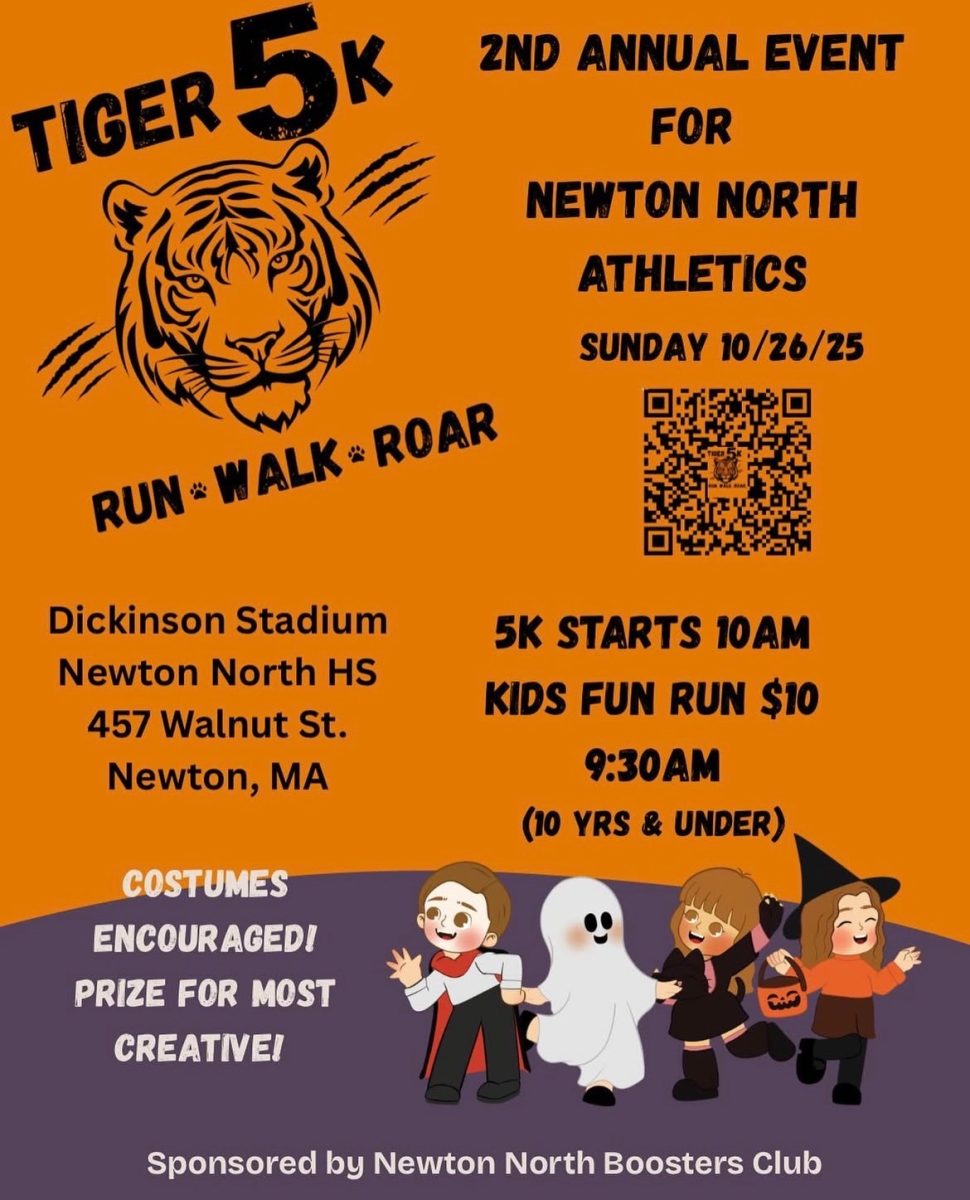 [media-credit name=”Jordan Robins” align=”alignnone” width=”258″]
[media-credit name=”Jordan Robins” align=”alignnone” width=”258″]
by Malini Gandhi
From large-scale phenomena, such as the youth-driven Occupy movement and the lightning-fast diffusion of Arab spring in Twitter-length flashes of words, to more local spectacles, such as students displaying Joe Kennedy campaign posters, the young generation is becoming increasingly politically active and politically influential, according to history teacher Isongesit Ibokette.
The idea of individual political activism is perhaps best epitomized in the ability to vote, and Tuesday, Nov. 6, dozens of seniors from this school will join their parents and their grandparents to fill in bubbles next to candidate names.
Voice of younger generation
For senior Carina Wallack, the moment she put her voter registration slip in the mail was “exciting and almost surreal,” she said. “It was scary to realize that I now have such an important voice and important responsibility.”
Indeed, the voice of the younger generation, which spans from around 18 to 25 years old, is becoming more and more influential in politics, according to Ibokette. In 2008, the younger generation emerged as a solid demographic presence that could greatly influence American elections for one of the few times in American history, he said.
Similarly, history teacher Katharine Heidlage noted that “young people are more open to change, and sometimes, they insist on change. While older people may not agree, I believe that if young people raise their voices, they can force the conduct of a conversation. I think this was evident in the 1960s, 1972 and in the last election.”
Many students also noted the unique voice of their generation in politics.
Senior Becky Kalish, who will turn 18 in a few weeks and who will be voting in November, said that youth have always been prone to question authority and be more active because “our generation will have new jobs and live in a new kind of world, and we will have to deal with the old generation’s choices and problems. We provide the perspective of a group of people going through a very different, more modern experience and lifestyle.”
Connection between voting and political awareness
Yet does gaining the ability to vote empower youth to become more involved in politics and take a stand?
Heidlage said she is skeptical that the ability to vote can suddenly make students active politically, but she would be interested to look into the issue more.
“The ability to vote might encourage teenagers to learn more about politics and current events, but my guess is that many would just vote based on what commercials they have seen on television, which might, sadly, be the same basis on which adults make their decisions,” Heidlage said.
Ibokette said that he does not see the ability to vote as a way of empowering teenagers to become politically active. Rather, students must feel that they have an investment in what is happening in the nation and that if they take a strong stand they will see changes that will benefit them.
Many seniors who can vote in November said that they feel an investment in the future of the nation, and for that reason, the ability to vote and to see their voices transformed into change has inspired them to become more politically active.
According to Kalish, “The results of this election will be very relevant for us and will affect my life greatly, particularly with regards to schooling and college. This year, the fact that I can have a say in all of this has affected how I perceive the election. In past years, my parents were the main people in my household watching and talking about politics, but this year I watched both the Democratic and Republican Conventions and have really been trying to pay attention more to what is going on.”
Similarly, senior Helen Maunsell said that she has been inspired to become aware of and active in the upcoming election because “the choices being made in government today on topics like global warming and birth control will affect the future of our generation, so we need to make our voices heard in this election.”
However, other students, like senior Jonathan Kim, are more skeptical about the idea that their voices can have a substantial impact.
“The fact that I can vote seems trivial,” Kim said. “It is illusory to believe that you have greater power now that you can vote. Power is the ability to change other people’s votes in fairly significant numbers. Right now, I am just a pawn in the democratic system.”
Forming balanced viewpoint
Having grown up surrounded by the political viewpoints of those with whom they live, many seniors are concerned about their ability to craft a balanced, well-informed view.
According to Maunsell, while it is natural and, to a certain extent, valuable for teenagers to be exposed to the political stances of their parents, it is also necessary to form one’s own judgments and be aware of different perspectives.
“To be politically active and to formulate our own views requires knowing what the other side’s arguments are,” Maunsell said.
Kalish also said that due to the fact that she can vote in this election, she has been “trying to form my own opinions outside of those that I have grown up hearing from my parents.
“Though I have found as I’ve looked into the issues more that the majority of my overarching political beliefs still concur with those of my parents, I was discussing some of the specific ballot questions with my mom the other day and found that I actually had different opinions than her on a few of them.”
For the very purpose of making students more politically aware of various perspectives and forming their own stance, Ibokette introduced a project on the election in his Advanced Placement United States history class, he said. The project involves students interviewing their parents about their political beliefs and then, after conducting their own research, writing a conclusion about who they would vote for and why.
While Ibokette said a disadvantage of teenagers voting could be parental influences, he said he believes that the advantages of allowing the youth voice to vote outweigh the disadvantages. He even suggested that the voting age could be moved even younger, perhaps to 16.
“I think that each successive generation is more intellectually sound than the previous. Young people today are able to think logically and decide a lot more than I think the older generation gives them credit for,” Ibokette said.










































